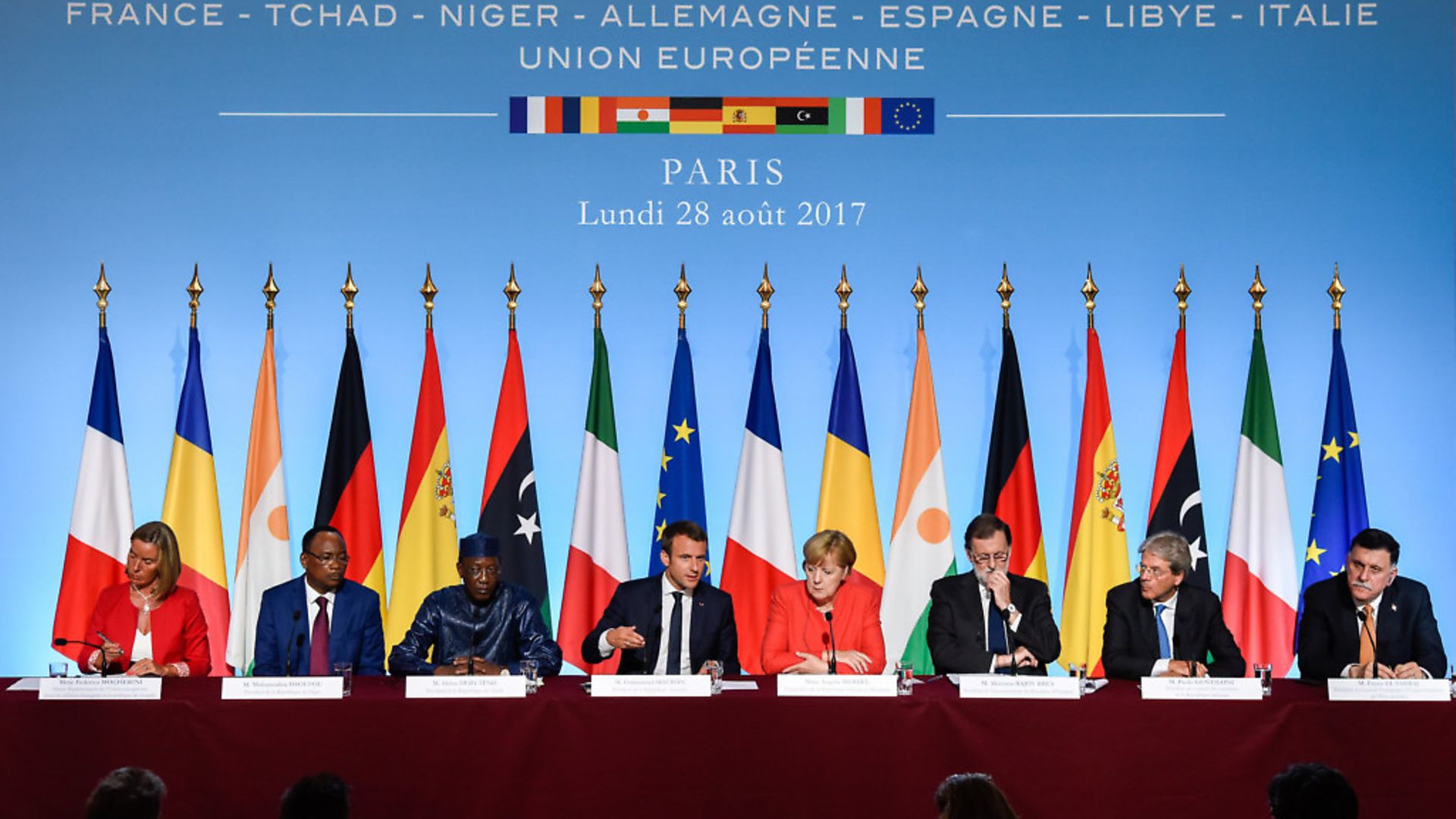
Research conducted among diplomats reveals an alarming decline in British influence, says JESS GIFKINS.
As part of a research project, we conducted a series of interviews with current and former diplomats to try to assess what the role and reputation of the UK – a permanent member of the UN Security Council – might be, in the light of the vote to leave the EU.
We asked them what makes a state influential within the UN and heard that strong diplomatic skills and having a vocal, well-connected permanent representative are essential. Influential countries also draft resolutions, giving them considerable power to frame options and have clear and consistent goals. These are areas where the UK typically excels but they are not self-sustaining and require constant attention, especially in periods of uncertainty.
In late 2017, the UK lost a vote to have a British judge on the International Court of Justice for the first time. Our interviews confirm the concern that this came down to a failure of UK diplomacy. We were told by interviewees that the UK ‘shouldn’t have lost’, raising questions about its future ability to win votes.
While the loss of a British ICJ judge was not directly attributed to Brexit, the episode is spoken about in a more general sense. The feeling is that the UK is distracted and its diplomacy lacks clarity. The British parliament’s view is that UK diplomacy is significantly under-resourced and the government should consider increasing what it allocates to the UN.
Of course, the UK accrues influence at the Security Council simply by being a permanent member with the authority to veto resolutions. But the UK (like France) is reluctant to wield this kind of influence because it risks raising broader questions of why the UK, as opposed to states with better claims to future great power status, should have the veto. Threats to the British economy due to Brexit compound the sense of relative decline.
Up until now, the EU and its member states have looked to the UK and France to help formulate their positions at the UN. That gave the UK influence, even if it did not always guarantee support for UK positions. The risk of the UK being isolated now increases as the European bloc will look to its only permanent member, France, to lead on its interests. Likewise, non-European states looked to the UK as the permanent member that acted as a diplomatic ‘gateway’ to Europe. France now takes that position.
There has long been a tendency to see British influence as being linked to its role in Europe, the special relationship with the US and the Commonwealth. This suggests that by distancing itself from Europe the UK will need to move closer to the US or the Commonwealth to maintain support for its role and standing on the international stage.
But it’s not necessarily the case that the UK will adopt substantively different positions to the Europeans in the future. And with US foreign policy changing under Donald Trump, it’s not necessarily the case that the UK would want to rely on the special relationship. Theresa May’s recent trip to Africa suggests, however, that there will be a renewed emphasis on Commonwealth links after Brexit.
Indeed, the much-used phrase ‘Global Britain’ raises the intriguing possibility that the UK could act as some kind of UN representative for the ‘rest of world’, or at least a gateway for states who feel excluded by the French, Chinese, Russian and US grip on the Security Council.
Unfortunately, there is little faith that Global Britain will deliver. Our interviews confirm the sense that it is ‘an empty slogan’, designed for ‘a domestic audience’ rather than impressing international partners. As one New York-based diplomat put it: ‘I don’t see it and it’s not discussed here.’
The danger is that the quest to become ‘Global Britain’ is largely centred around economic interests and comes at the expense of the UK’s wider responsibilities as a member of the UN Security Council. If that is the case, then the legitimacy of its claim to a permanent seat will come under increased pressure.
• Dr Jess Gifkins is a lecturer in international relations at the University of Manchester; also involved in the research were Jason Ralph, from the University of Leeds, and Samuel Jarvis, from the University of Southampton; this article also appears at theconversation.com






